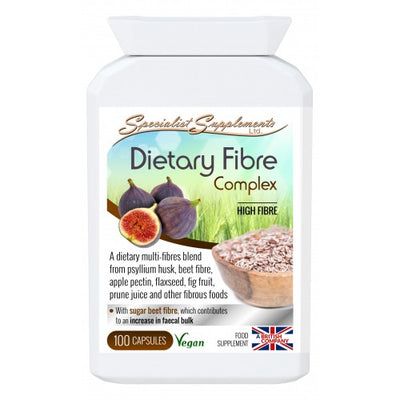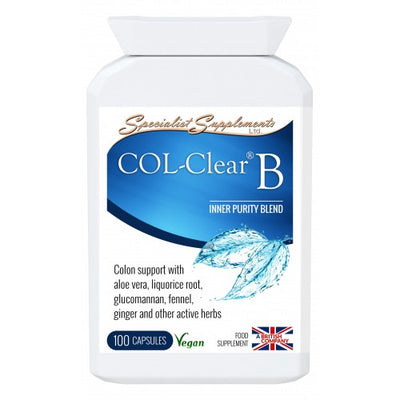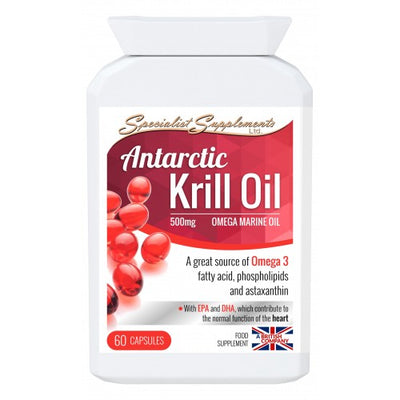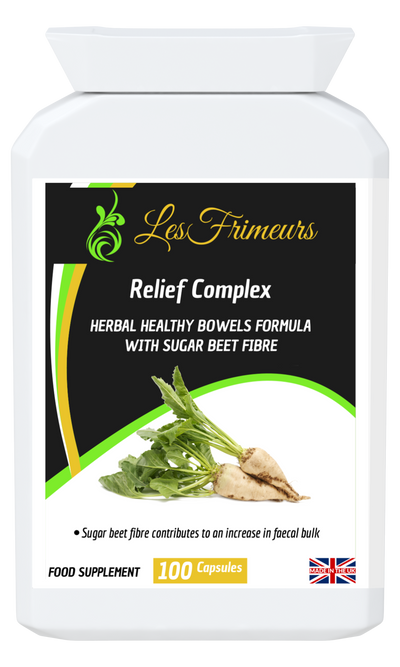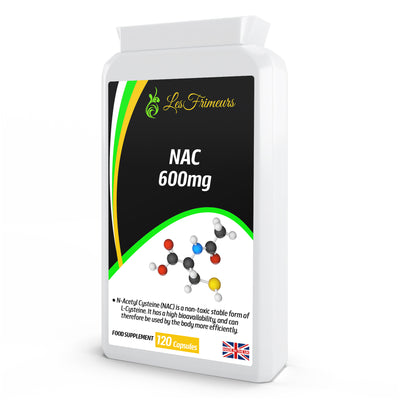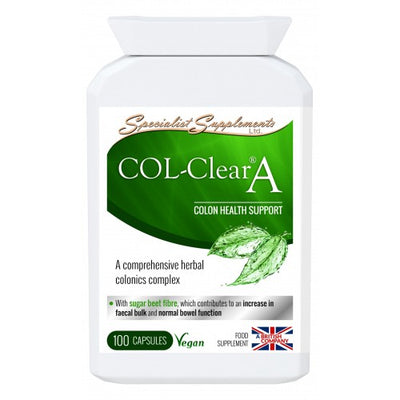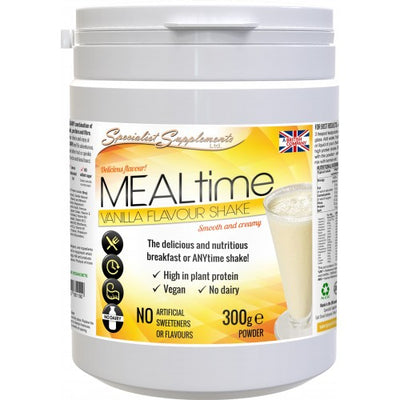Dietary Fibre Complex
Product summary:
100 capsules
A multi-fibre formula in capsules, derived from a combination of psyllium husk, flaxseed, sugar beet, fenugreek, apple pectin, fennel seed, rhubarb, prune juice fruit extract, broccoli, carrot and fig fruit.
Dietary Fibre Complex is a high fibre food supplement, which provides a combination of both insoluble and soluble fibre.
This combination is more than just roughage - it also provides cellulose, pectin, hemicellulose, lignin and gums. Sugar beet fibre, in particular, has been added to help contribute to bulk.


More information:
Dietary Fibre Complex at a glance...
A multi-fibre formula
513mg dietary fibre per capsule
High fibre food and herbal ingredients
With psyllium husk and sugar beet
A combination of soluble and insoluble fibre
Contributes to an increase in faecal bulk
Suitable for vegetarians and vegans
About fibre...
What is fibre?
Did you know that not all types of carbohydrate can be digested? Indigestible carbohydrate is actually what we refer to as "fibre".
Fibre is found in all plants that are eaten for food, and there are two types: insoluble fibre and soluble fibre. As the name suggests, soluble fibre is "soluble" in water. When mixed with water it dissolves to form a gel-like substance and swells. Insoluble fibre does not absorb, or dissolve in, water. It passes through the digestive system in close to its original form.
There are also other types of fibre that are proteins, rather than carbohydrates.
Daily intake
Fibre is a key ingredient to a healthy, varied and balanced diet.
According to NHS Choices, "government guidelines published in July 2015 say that our dietary fibre intake should increase to 30g a day, as part of a healthy balanced diet. As most adults are only eating an average of about 18g day, we need to find ways of increasing our intake".
The quality of your fibre is important
Although many food manufacturers (particularly producers of breakfast cereal) promote their products as containing "added fibre", this is usually in the form of bran.
Bran is the outer coating of the wheat grain, removed to make white flour. In other words, it is a waste product.
Taken in its original form, as part of the whole grain, bran is nutritious. However, extracted bran is highly irritant and can actually damage the delicate membranes of the gut. What's more, Professor of Nutrition, John Dickerson (University of Surrey), has stressed the danger of adding wheat-bran to a nutrient-poor diet. The reason is that wheat bran contains high levels of phytate, an anti-nutrient that can reduce the absorption of essential minerals (including zinc).
The bottom line - the quality of the fibre you are including in your daily diet is just as important as the quantity.
About psyllium husks
Psyllium is a form of dietary fibre sourced from the Plantago ovata plant, specifically from the husks of the plant’s seed. It sometimes goes by the name Ispaghula. Psyllium is produced commercially mainly for its mucilage content. The term "mucilage" describes a group of clear, colourless gelling agents derived from plants. The mucilage obtained from psyllium comes from the seed coat. Mucilage is obtained by mechanical milling (i.e. grinding) of the outer layer of the seed. Mucilage yield amounts to about 25% (by weight) of the total seed yield. Plantago-seed mucilage is often referred to as husk, or psyllium husk. The milled seed mucilage is a white fibrous material that is hydrophilic, meaning that its molecular structure causes it to attract and bind to water. Upon absorbing water, the mucilaginous gel that forms increases in volume by ten times or more.
About sugar beet fibre
Sugar beet, cultivated Beta vulgaris, is a plant whose root contains a high concentration of sucrose (as its name suggests). It is grown commercially for sugar production. Sugar beets are related to other B. vulgaris cultivars, such as beetroot and chard.
Sugar beets consist of approximately 75% water, 20% sugar and 5% cell walls. After the sugar is extracted, remaining cell wall material - the sugar beet pulp - is used to produce the sugar beet fibre.
This source of dietary fibre contains both soluble and insoluble fibres. The main fibre types in sugar beet fibre are insoluble hemicellulose (22-32 %) and soluble pectin (22-29 %), but also smaller amounts of cellulose and lignin. It has a water-holding capacity of 3-4 times its own weight.
Compared to many conventional natural sources of dietary fibre, such as cereal products and fruits, sugar beet fibre has the following advantages:
- It has a higher content of dietary fibre, with an ideal balance of 2/3 insoluble fibre.
- It contains no phytic acid (cereal products, such as bran and flour, contain phytic acid which forms strong chemical complexes with iron and zinc and can consequently impair or reduce the natural absorption of these essential minerals in the human body).
- It is naturally free from gluten, which means it is an excellent dietary fibre source for people suffering from gluten intolerance.
Sugar beet fibre contributes to an increase in faecal bulk in two ways: the insoluble components of the fibre increase faecal bulk by absorbing water in the large intestine, while the soluble components are fermented by bacteria in the large intestine leading to an increase in bacterial mass. Click here for EFSA scientific opinion.



